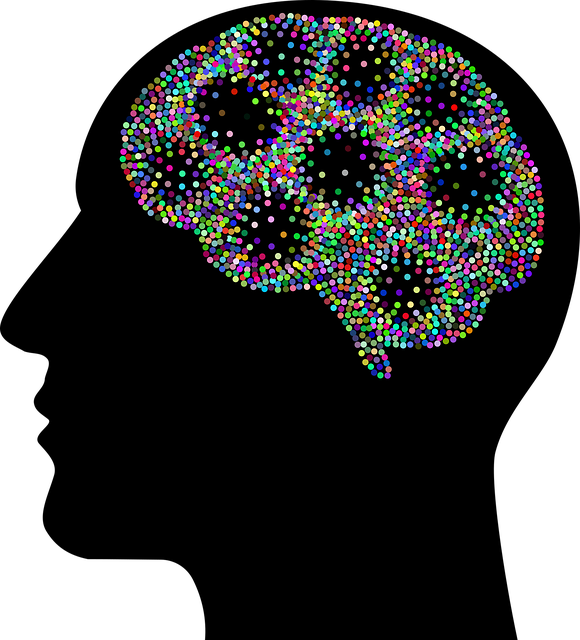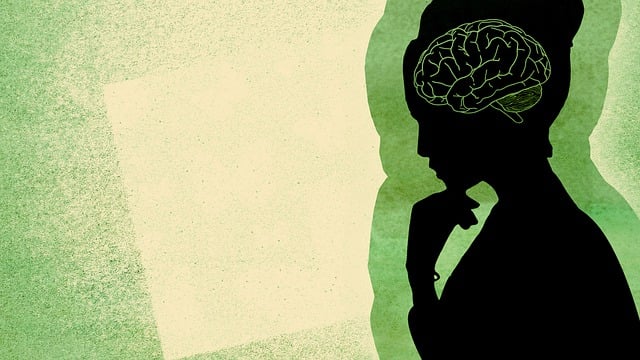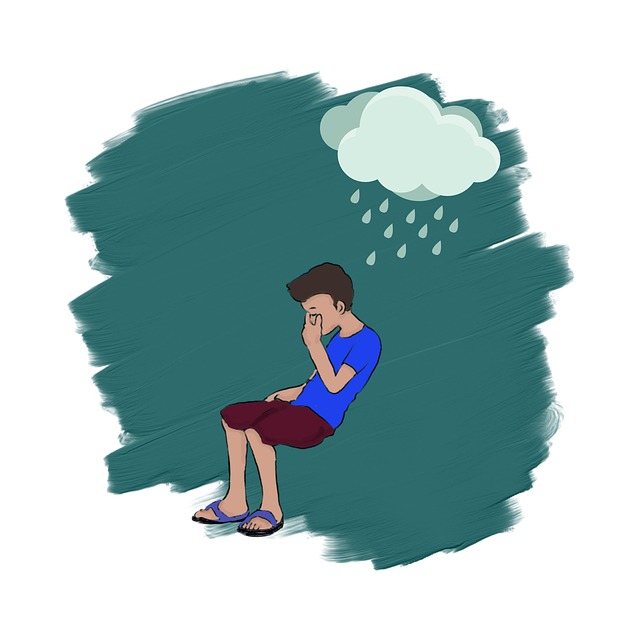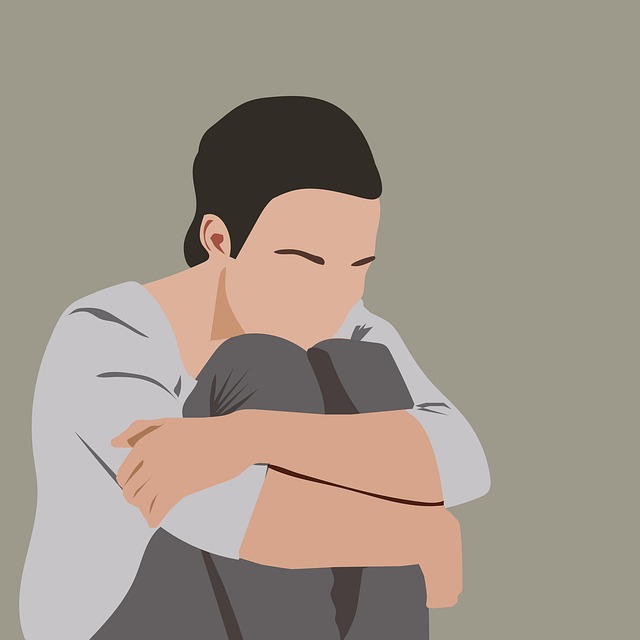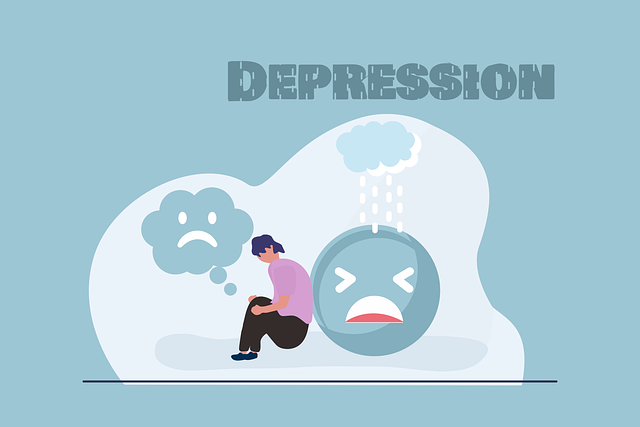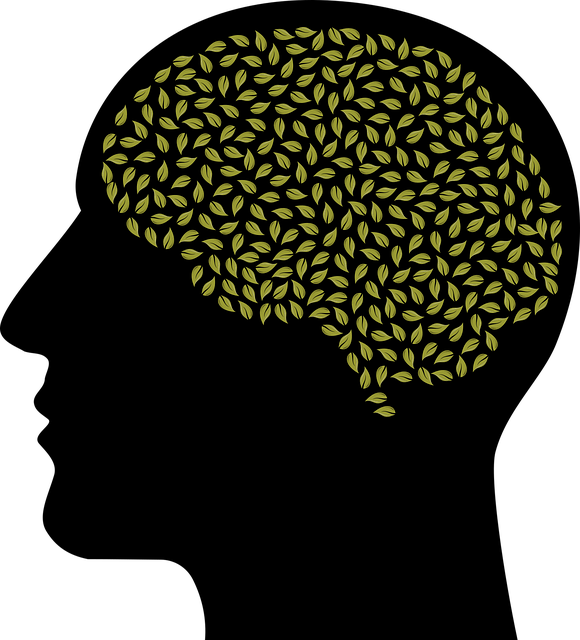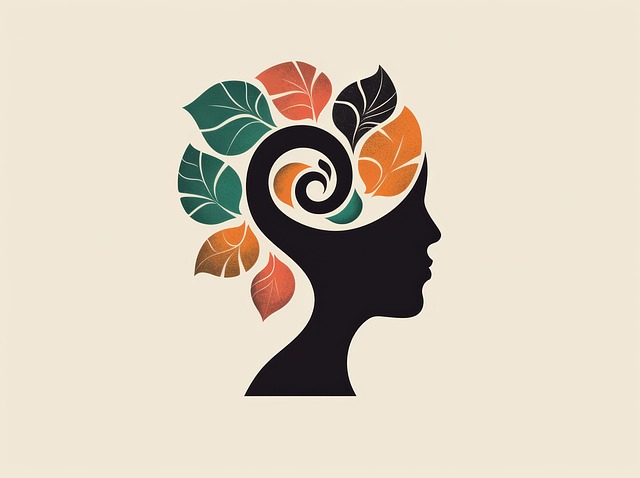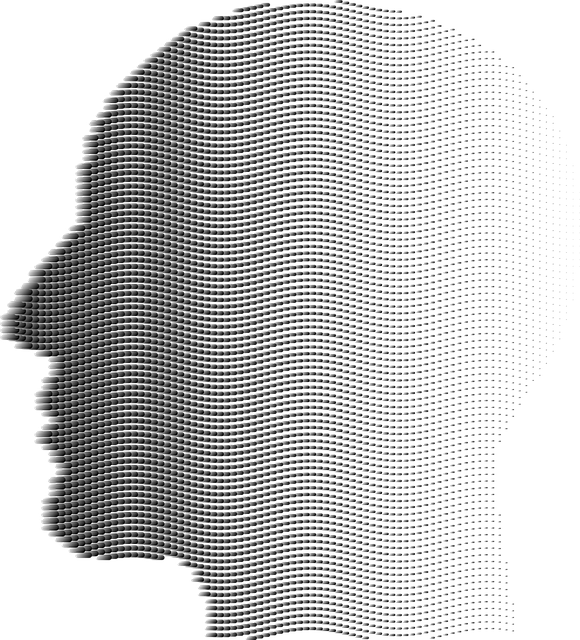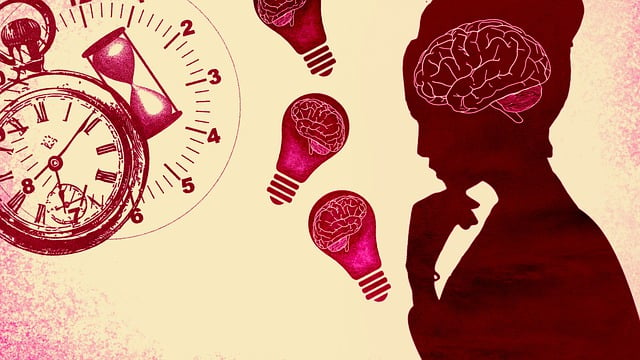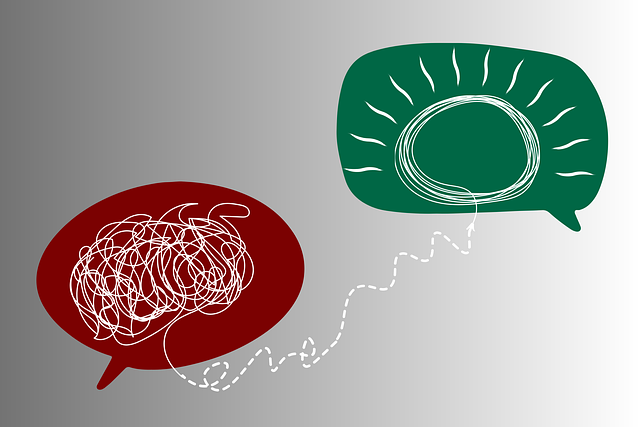Cultural diversity greatly influences the mental health of elders, requiring healthcare providers to offer culturally sensitive therapy. By incorporating tailored strategies like biofeedback, therapists can address unique coping mechanisms and treatment responses. Education on cultural awareness, coupled with evidence-based practices like biofeedback and compassion cultivation, significantly enhances treatment outcomes for elderly individuals from diverse backgrounds, fostering holistic well-being and reducing stigma.
In today’s diverse society, cultural sensitivity is paramount in mental healthcare practice. Understanding cultural diversity shapes effective treatment plans, especially for elderly patients. This article explores key aspects of cultural sensitivity, focusing on its impact on mental health and therapy. We delve into specific strategies like biofeedback as a culturally responsive practice for elders. By integrating these approaches, mental healthcare settings can foster inclusive environments, enhancing outcomes for all.
- Understanding Cultural Diversity and Its Impact on Mental Health
- The Role of Cultural Sensitivity in Elderly Therapy
- Biofeedback as a Culturally Responsive Practice
- Strategies for Incorporating Cultural Awareness in Mental Healthcare Settings
Understanding Cultural Diversity and Its Impact on Mental Health

Cultural diversity is a significant aspect of modern society, with individuals from various ethnic, racial, and cultural backgrounds seeking mental healthcare services. Understanding this diversity is crucial for providing effective therapy, especially when catering to specific populations like elders. The impact of cultural background on mental health cannot be overstated; it shapes coping mechanisms, perceptions of illness, and responses to treatment. For instance, what works as a successful coping skill in one culture might not be culturally acceptable or relevant in another.
Incorporating strategies such as biofeedback into therapy for elders must consider these cultural nuances. Healthcare providers should engage in self-awareness exercises to recognize their own biases and preconceptions. This promotes sensitivity to different beliefs, values, and practices, enabling better connection with clients from diverse backgrounds. Additionally, coping skills development tailored to cultural contexts can enhance treatment outcomes, ensuring that healthcare services are inclusive and effective for all individuals, regardless of their cultural identity.
The Role of Cultural Sensitivity in Elderly Therapy

Cultural sensitivity plays a pivotal role in elderly therapy, recognizing and respecting diverse cultural beliefs and practices can significantly enhance the effectiveness of treatment. Many older adults come from various ethnic backgrounds, each carrying unique perspectives on health, illness, and healing. Therapists who are culturally sensitive create an environment that fosters trust and understanding, encouraging open communication. This is crucial when addressing mental health issues in this demographic, as cultural barriers often intersect with age-related challenges.
Incorporating practices like biofeedback into therapy for elders can be particularly beneficial. Biofeedback techniques offer a non-invasive method to help individuals gain control over their physiological responses, which is essential for managing stress and anxiety. Moreover, compassion cultivation practices have shown promise in reducing symptoms of depression among older adults. By intertwining these evidence-based methods with cultural sensitivity, mental healthcare providers can contribute to stigma reduction efforts and promote holistic well-being for this vulnerable population.
Biofeedback as a Culturally Responsive Practice

Biofeedback, an evidence-based therapy for elders, offers a culturally responsive approach to mental healthcare. By teaching individuals to regulate their physiological responses, biofeedback promotes self-awareness and emotional healing processes that are deeply rooted in cultural practices. For example, in communities with strong mindfulness traditions, biofeedback techniques can resonate more deeply, allowing practitioners to integrate ancient wisdom into modern therapeutic methods.
Effective communication strategies, a key component of healthcare provider cultural competency training, are essential when employing biofeedback with diverse elder populations. Understanding the cultural context and incorporating respectful, inclusive practices ensures that biofeedback becomes a powerful tool for addressing mental health concerns among elders. This personalized approach not only enhances therapeutic outcomes but also fosters trust and strengthens the relationship between the healthcare provider and the individual receiving treatment.
Strategies for Incorporating Cultural Awareness in Mental Healthcare Settings

Incorporating cultural awareness into mental healthcare settings is a multifaceted process that requires intentional strategies to ensure effective treatment for diverse populations. One key approach involves educating both staff and clients about the importance of understanding cultural backgrounds, traditions, and beliefs. This can include workshops, training sessions, and resources that highlight common misconceptions and promote empathy. By fostering an environment where cultural differences are valued, mental health professionals can create a safe space for elders from various ethnic and socioeconomic backgrounds to express their unique needs.
Additionally, tailored therapy approaches, such as incorporating biofeedback techniques, can significantly benefit elderly clients. Biofeedback, a form of self-care routine development for better mental health, teaches individuals to gain control over certain bodily functions, thereby enhancing relaxation and stress reduction. This non-invasive method has shown promise in improving self-esteem and conflict resolution skills, addressing common mental health challenges among the elderly.
In conclusion, integrating cultural sensitivity into mental healthcare practice is paramount for providing effective therapy for elders and incorporating biofeedback techniques. By understanding the impact of cultural diversity on mental health, being culturally aware in elderly therapy sessions, and adopting responsive practices like biofeedback, mental healthcare professionals can create more inclusive and successful outcomes. Strategies to enhance cultural awareness within mental healthcare settings are essential steps towards ensuring every individual receives personalized care that respects their unique background and needs.

